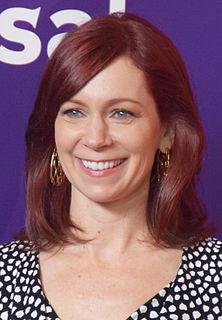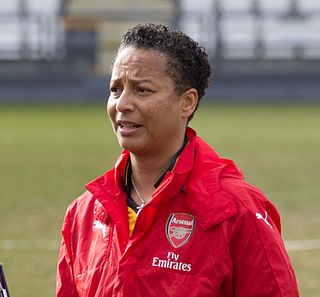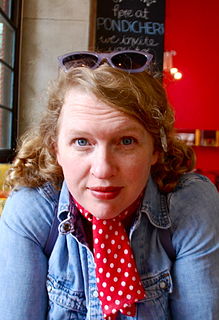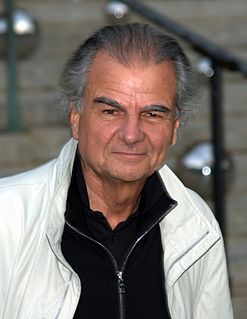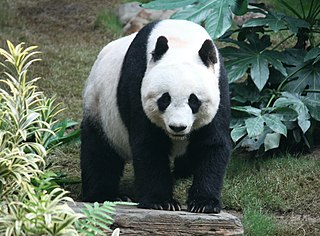A Quote by Ronald D. Moore
Writing is like that. You have to have some basic creative spark, and then, if you have that, I feel like you can learn the production side of it. You can learn how to be a good producer. And I guess it does take a certain balance of those two skills in your head to be a successful showrunner.
Related Quotes
I just enjoy the filmmaking side of things. I feel like when you're an actor, sometimes you're in other people's hands and they're in charge of your creative life. Whereas with my production company, I'm the one that gets to make those choices for how I'm gonna spend my time and what content I'm going to be creating. I definitely learn a lot, especially about acting, by producing and directing and seeing how it all comes together, and seeing the other side of things, appreciating what goes into pre- and post-production, and all those things you don't see when you're an actor.
Briar: "They never tell you some things. They tell you mages have wonderful power and they learn all kinds of secrets. Nobody ever mentions that some secrets you don't ever want to learn." Rosethorn: "All you can do is learn good to balance the bad. Learn and do all the good within your reach. Then, if you wake in a sweat, you have something to set against the dream.
I always say there are two things to be successful. The first is decide exactly what you want - set your goals - and then determine how you will achieve them (what skills you will have to learn, what actions will you have to take). And these are totally under your control. These are not dependent upon anyone else.
I think you can learn lots of skills playing football. Team building is one. You also learn how to solve problems within your team. Sometimes you find yourself playing with players that you don't necessarily like, but you have to put your differences aside for the good of the team. It gives you skills that you may not appreciate at the time.
There were a lot of lessons of production to be learned. On the page, the biggest thing you learn on any TV show is how to write to your cast. You write the show at the beginning with certain voices in your head and you have a way that you think the characters will be, and then you have an actor go out there, and you start watching dailies and episodes. Then, you start realizing what they can do and what they can't do, what they're good at and what they're not so good at, how they say things and what fits in their mouth, and you start tailoring the voice of the show to your cast.
The more you learn about yourself and your family tree, your self-esteem goes up. They will learn archival skills, historical analysis and science skills. You learn all this in the most seductive way, and that is through learning about yourself. Who doesn't like talking about themselves? It doesn't seem like science or history, it's just fun.
You can hire your advisor and then just apply a windage factor, like I used to do when I was a rifle shooter. I'd just adjust for so many miles an hour wind. Or you can learn the basic elements of your advisor's trade. You don't have to learn very much, by the way, because if you learn just a little then you can make him explain why he's right.
Every film you work on is different, and that's part of what it's like for anybody who works on a film, is to learn how to work with others. Learn from top to bottom. Actors have to learn how to work with the director and the director has to learn how to work with actors, and that's not just those two departments.
To me, the newspaper business was a way to learn about life and how things worked in the real world and how people spoke. You learn all the skills - you learn to listen, you learn to take notes - everything you use later as a novelist was valuable training in the newspaper world. But I always wanted to write novels.
When you learn to read and write, it opens up opportunities for you to learn so many other things. When you learn to read, you can then read to learn. And it's the same thing with coding. If you learn to code, you can code to learn. Now some of the things you can learn are sort of obvious. You learn more about how computers work.
I guess I feel like; if you're doing something and people are accusing you of appropriating something like that so obviously, then I would feel like I've failed as a creative person. It's just like stealing something and doing some sort of slight alteration to it - I'd feel like I'm not doing my job as a musician, or as a creative person - if it's just obvious like that.

